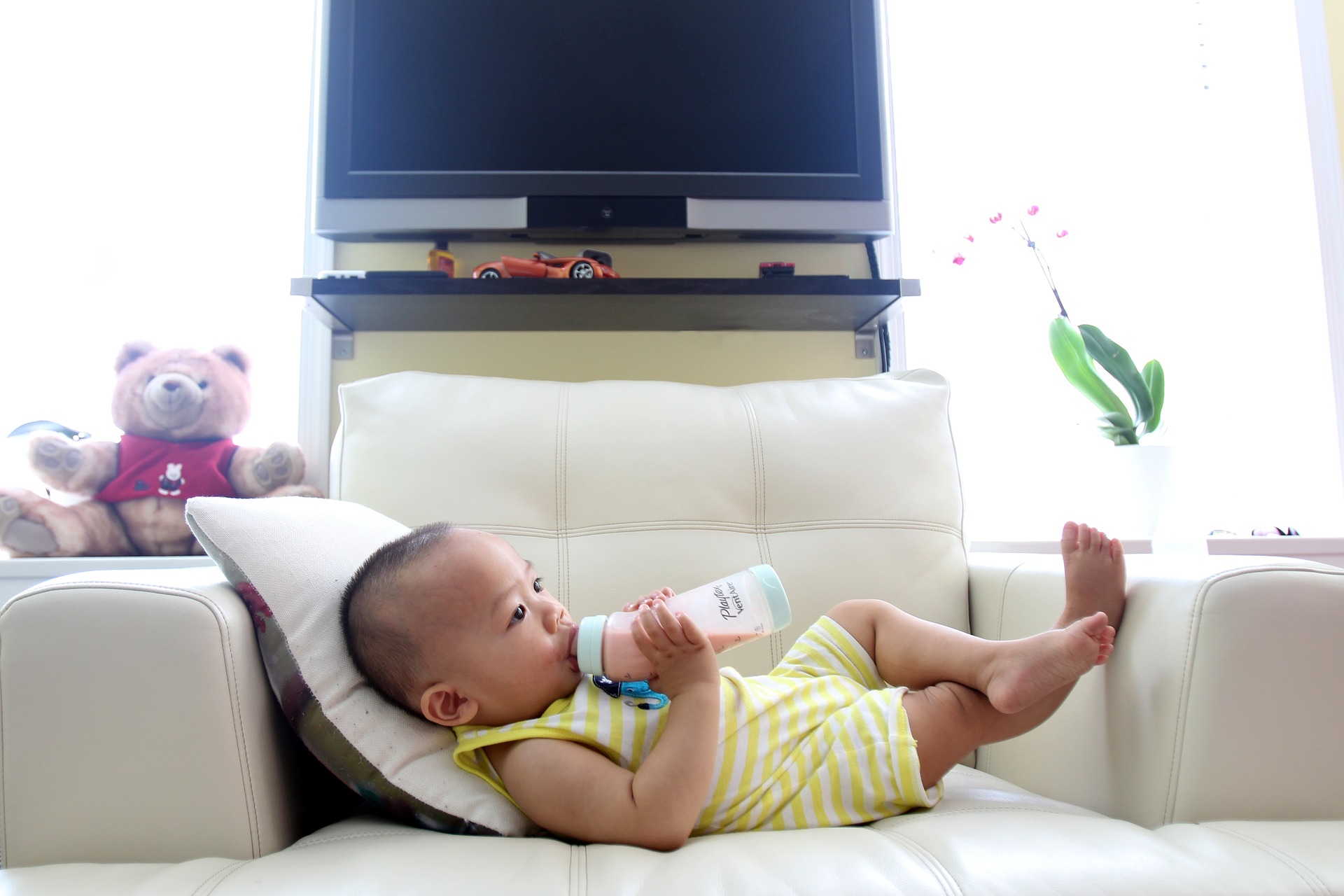

Being a parent comes with new surprises and surprises each and every day. There’s no telling what the new day will bring. However, when your formula-fed baby suddenly refuses a bottle, it’s easy to panic. Whether your baby is 3 months, 4 months, or even 9 months, refusing a bottle is a parent’s worst nightmare, especially since your baby was probably fine the day before.
A baby suddenly refusing a bottle can be extremely stressful for any parent. But, don’t panic. We have put together a list of 9 useful things you can try to help you and your baby.

The number one golden rule is to not give up. Patience and persistence are key. There are many different ways to keep on trying, such as:
Aim to keep the bottle horizontal to the floor
Be calm and gentle, don’t force the bottle into their mouth
Make sure the bottle is cleaned thoroughly before and after use. If not, a bad taste may be left behind
Try and cause a distraction such as rocking in a rocking chair, or walking around
Or, perhaps there are too many distractions, sit in a quiet room to make your baby focus on what you are trying to get them to do.
Perhaps your baby is fussy and doesn’t like a certain bottle. This may also be due to a bad taste or smell if the bottle isn’t cleaned properly after use. Try using another bottle to see whether this is the problem, making sure it is clean beforehand.
Parents often need to check the formula or breastmilk for temperature, but you should also check for taste and smell. If the milk has gone bad, this may mean your baby doesn’t want to drink it. Not properly storing your formula or breastmilk can affect the taste. Try it yourself and see this isn’t an issue.
If your baby is accustomed to breastfeeding, changing to a bottle can be difficult. This may take them some time to adjust. Choosing a bottle that mirrors a nipple can help with this transition phase. This may also include a slow-flow bottle, as this is what the baby will be used to when breastfeeding.
If you are concerned about this issue, or if it’s recurring with nothing helping, book an appointment with your pediatrician. They will be able to help you with your specific issues and will give you plenty of advice and reassurance on how to deal with this issue.
Some common medical issues that you may consider are:
Check if there are any changes that have been made to your routine. For example, a change in a nap routine, a change in bed, a new nanny, or a daycare center. All of these changes can be unsettling and can upset the routine of your baby. This may lead them to not want to take food. Consider what parts of the routine you can keep consistent or adjust to make your baby more comfortable.
If you have changed your routine, your baby may be on a new schedule. Your baby also may be going through a growth spurt and will be feeding more frequently, so may not be hungry at the regular feeding times.
Look out for particular signs in your baby’s face. They may simply turn their heads, and be certain they just simply aren’t hungry at that certain point.
Furthermore, make sure you are in touch with your daycare center or nanny about the feeding times so you can stay on track.
Your baby may prefer a different type of feeding altogether. They may respond well to a regular cup or even a spoon. Try out different methods of feeding and experiment with what your baby prefers. If your baby is older, or perhaps a toddler, they may prefer a bigger-kid feeding bottle and that’s totally ok as well. Whatever works for your child is the best option.

It will pass, and your baby will eventually work with you to take their milk as and when they need it. Babies are little humans, they have needs, wants desires, and preferences. They may like a certain bottle, get distracted, or may not like the certain taste of the milk.
Don’t give up. You need to consider all circumstances which could be the reason why they don’t want to take the bottle. Is it the type of bottle, has the formula or breastmilk gone bad, or are you feeding them at the wrong time? Consider all factors, internal and external, which could affect your baby taking a bottle.
If you are concerned about this issue, or if it’s recurring with nothing helping, book an appointment with your pediatrician. They will be able to help you with your specific issues and will give you plenty of advice and reassurance on how to deal with this issue.
A change in a nap routine, a change in bed, a new nanny, or a daycare center. All of these changes can be unsettling and can upset the routine of your baby. This may lead them to not want to take food. Consider what parts of the routine you can keep consistent or adjust to make your baby more comfortable.